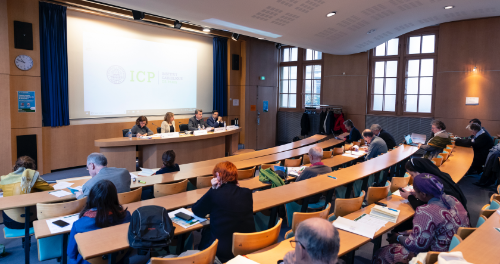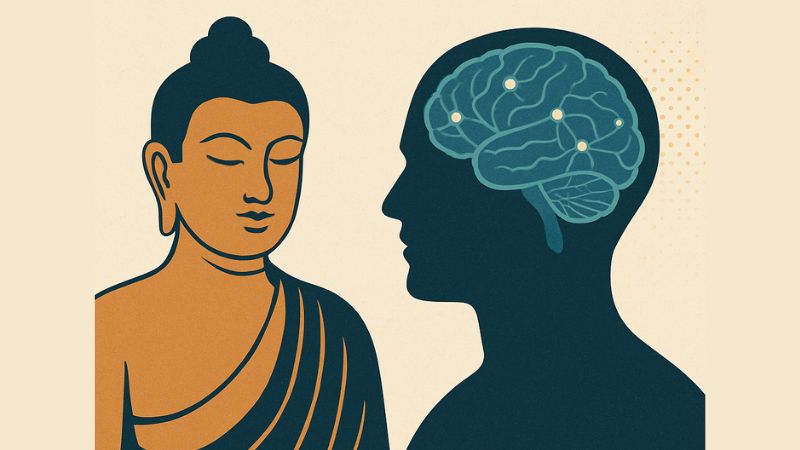-
L'ICP
Bâtisseur et héritier, 150 ans au service du Bien commun
> Découvrez le site dédié des 150 ans de l'ICP
A l'occasion de ses 150 ans, l'ICP réaffirme ses valeurs et son ambition ! A travers des images d'archives et des plans d'aujourd'hui, découvrez les grandes personnalités accueillies dans nos murs, les générations d'étudiants et d'enseignants passionnés qui se sont succédé, ont façonné et façonnent encore son identité. -
Formations
Admission – InscriptionL'équipe du HUB ICP répond à vos questions de 8h à 18h au 08 05 80 50 02 ou sur :
-
Recherche
Revivez les conférences de l’ICP : > Écoutez nos conférences sur SoundCloud
> Regardez nos conférences sur YouTube
> Retrouvez les travaux de l’Unité de Recherche dans son carnet de recherche -
International
-
Nos campus
Découvrez les campus ! Connaissez-vous tous les espaces d’accueil et les points de restauration disponibles sur les campus ? Pour les repérer, quoi de mieux qu’un plan !
-
Entreprises
- Devenir mécène ou partenaire de l'ICP
- Faire vivre votre RSE
- Valoriser votre marque-employeur
- Recrutez les talents de demain
- Partager vos compétences et l’esprit d’entreprendre
- Bénéficier de la Recherche de l’ICP pour éclairer votre stratégie
- Organiser vos événements à l’ICP
- Taxe d’apprentissage
- Former vos collaborateurs
Découvrez les entreprises, fondations et associations mécènes ou partenaires de l'ICP
 Bibliothèques
Bibliothèques
 Infos pratiques
Infos pratiques







